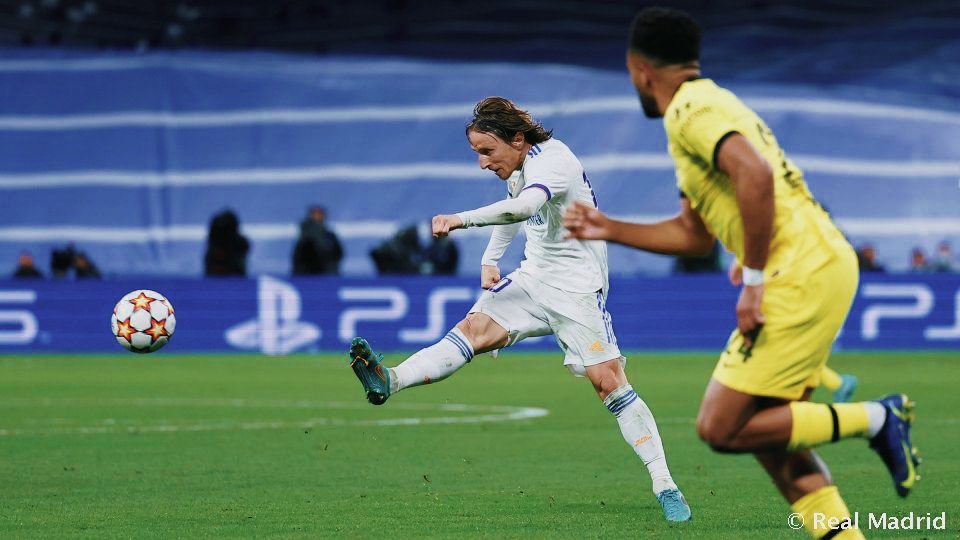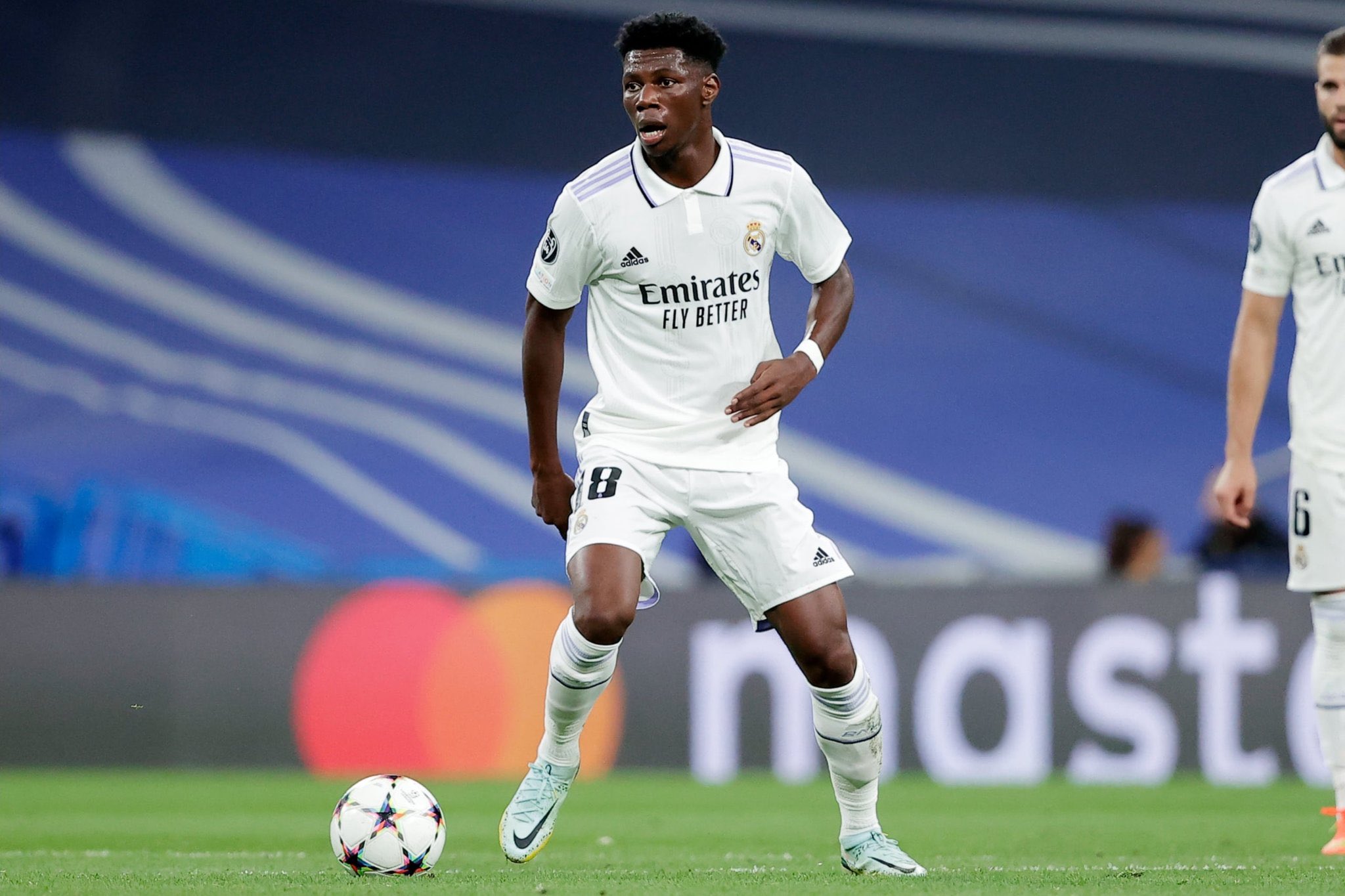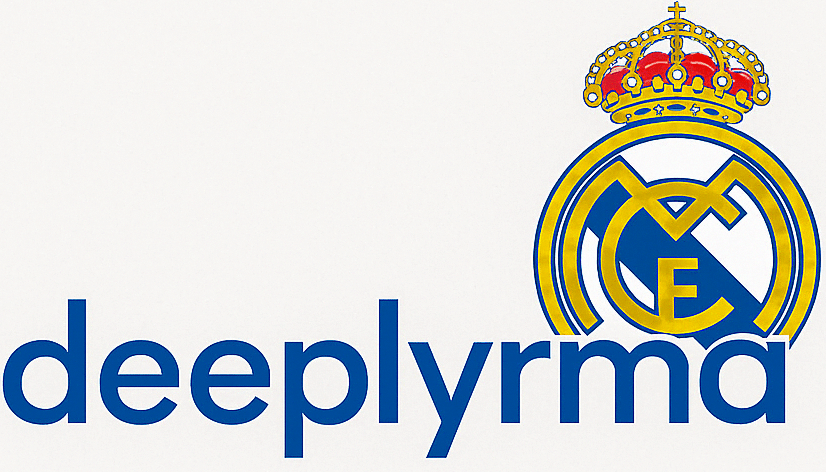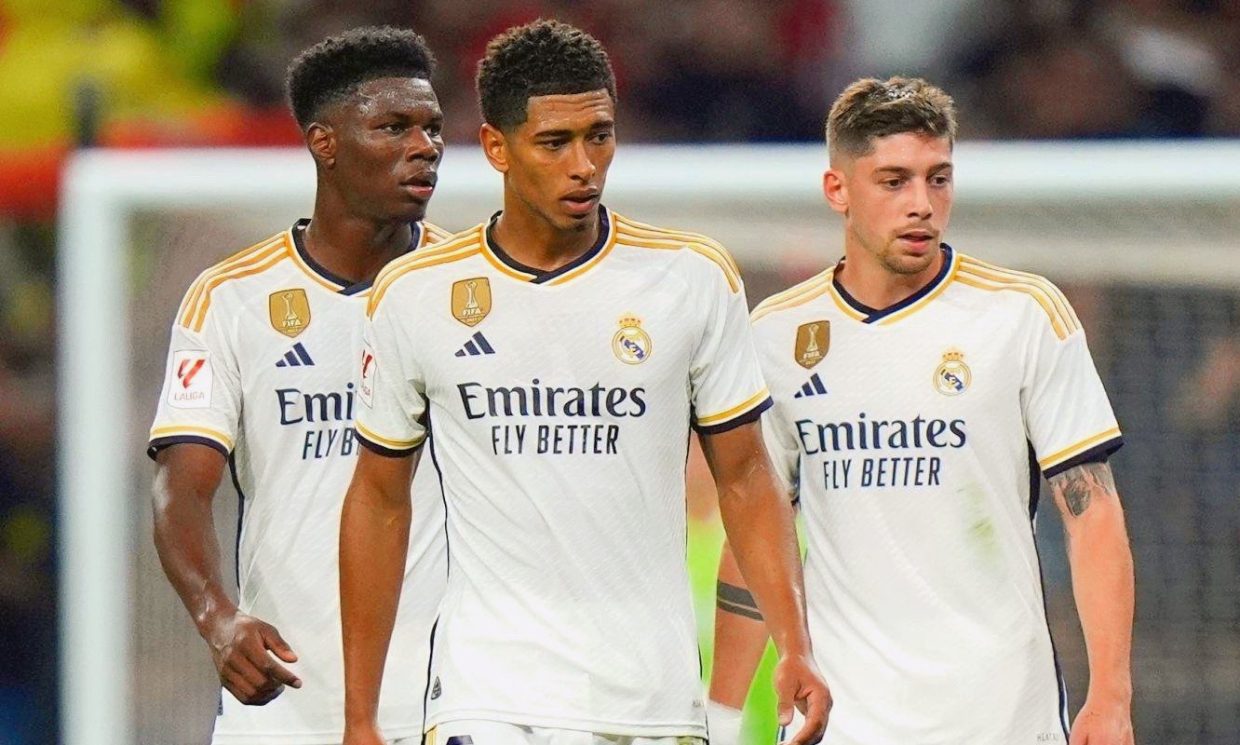From the Galácticos era to today’s modern powerhouse, Real Madrid’s identity has often been shaped not just by its star forwards but by the brilliance in its midfield. Over decades, the club has developed a rare ability to blend experience with youth, flair with discipline, and strategy with instinct. Here’s a closer look at how Real Madrid continues to build its midfield dynasty.
1. A Legacy of Control: From Xabi Alonso to Luka Modrić
Real Madrid’s golden era under Carlo Ancelotti and Zinedine Zidane wasn’t just about Cristiano Ronaldo’s goals. It was about how players like Xabi Alonso, Toni Kroos, Luka Modrić, and Casemiro dictated every tempo of the game. Modrić, with his graceful outside-foot passes and tireless energy, became the symbol of balance between attack and defense. Kroos brought surgical precision to every phase of buildup.

2. Evolution Over Revolution: The Next Generation
As Modrić and Kroos enter their twilight years, Real Madrid has invested smartly in a new wave of midfield talent. Eduardo Camavinga’s positional awareness and pressing ability, Aurélien Tchouaméni’s physical dominance and interception instincts, and Federico Valverde’s versatility create a well-rounded unit.
Each player offers a different skillset:
Valverde is a tactical wildcard — capable of playing on the wing or as an interior.
Tchouaméni sits deep, reads space, and breaks lines.
Camavinga transitions defense to attack with vertical runs.



3. Enter Jude Bellingham: A Hybrid Engine
Bellingham is the ultimate modern midfielder. He defends, creates, scores, and leads — all at just 21 years old. He doesn’t just play the game; he dominates it in every third of the pitch. His box-to-box profile adds a verticality that Modrić never had, and a maturity rare for his age.

Tactical Structure & Fluidity
Under Ancelotti, Madrid often switches between a 4-3-3 and a 4-4-2 diamond. The midfield is never static players are encouraged to rotate roles, adapt spacing, and press intelligently. This fluidity confuses opponents and makes Madrid hard to press or contain.
For instance:
- Camavinga may start at left-back but drift centrally during buildup.
- Valverde can push forward into a right winger role.
- Kroos often drops into a pseudo-center-back position to distribute.
This tactical flexibility is what makes Madrid’s midfield not just strong but dominant.
Final Thoughts
While attackers may steal the headlines, Madrid’s true power lies in its midfield evolution. A blend of legacy, youth, and tactical brilliance is setting the foundation for the next decade. This isn’t just a midfield. It’s a dynasty in motion.

